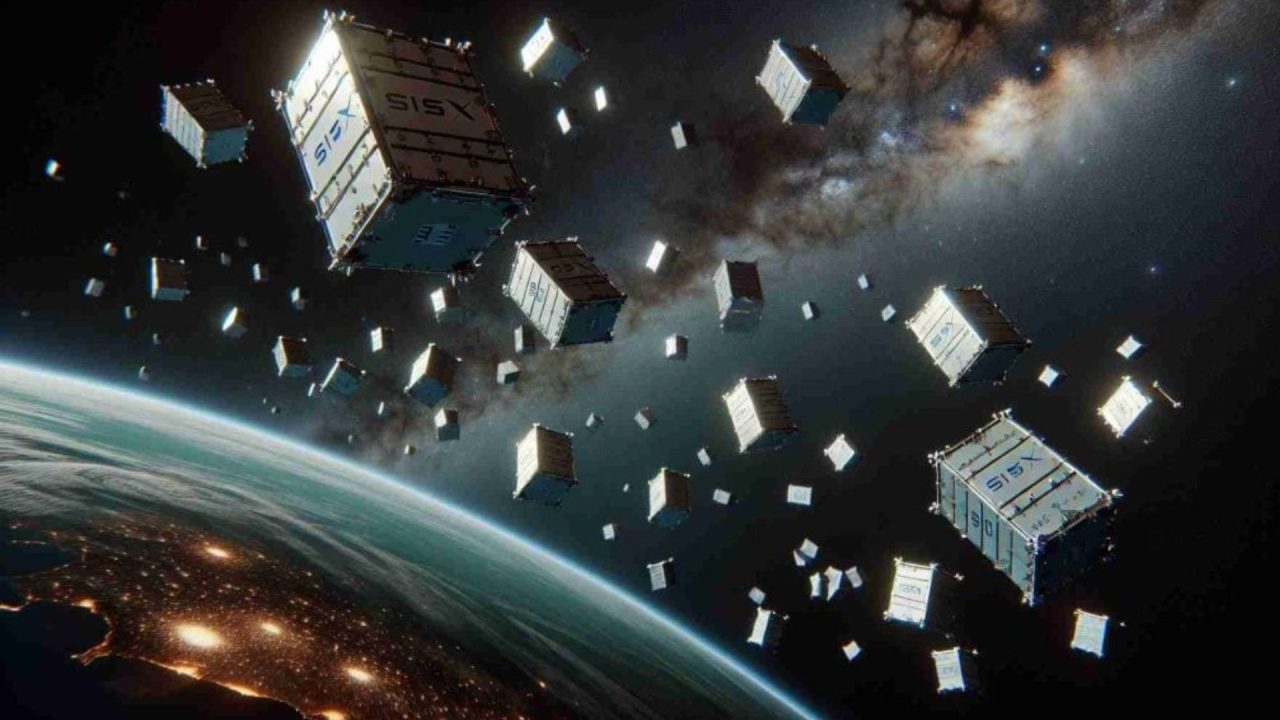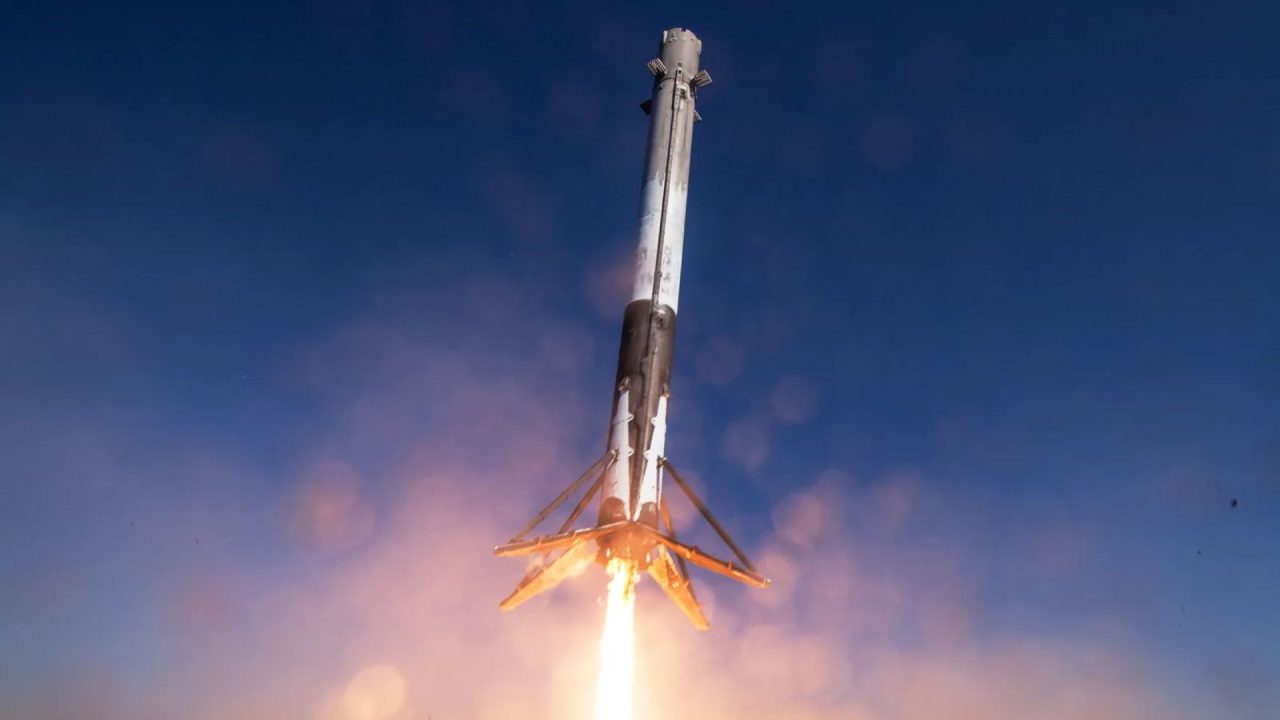The recent announcement by SpaceX to de-orbit 100 Starlink satellites has once again highlighted the company’s exceptional position in the industry.
While losing 100 satellites in a year would be a significant setback for most satellite operators, it represents only about 2% of the total Starlink satellites launched by SpaceX.
Additionally, the company’s ability to quickly produce and launch replacement satellites within two weeks minimizes any potential impact on their operations.
This move also showcases SpaceX’s commitment to reducing space debris and ensuring the safety of their rockets and spacecraft.
The decision to decommission the first-generation Starlink satellites, despite their effectiveness, is due to a common issue that could lead to failures in the future.
This is not the first time SpaceX has experienced the challenges of operating a large number of satellites in low Earth orbit, having previously lost a batch of satellites to a solar storm. They have also intentionally brought down over 400 satellites to date.

While the issue of space debris remains a concern, SpaceX’s proactive de-orbiting sets a new precedent and highlights the need for governments to also take responsibility for their space debris.
The recent launch of Intuitive Machines’ first moon mission and Hawaiian Airlines offering free Starlink Wi-Fi are also noteworthy developments.
On the other hand, Varda’s long-awaited FAA reentry license and Russia’s reported pursuit of a space weapon have raised concerns within the national security community.
Meanwhile, SpaceX’s decision to move its incorporation from Delaware to Texas is just one of the many developments in Elon Musk’s ongoing battle against the “first state.”
The satellite data market has also seen a significant decrease in prices in recent years, according to a report by Euroconsult.
In the field of robotics, Virtual Incision’s successful surgery demonstration on the ISS marks a major milestone, while Polaris’ Dawn mission has been delayed to allow for further testing.

Starlink has also addressed reports of unauthorized use of their service, stating that they take action to deactivate terminals in unapproved countries.
In the launch sector, the shipment of Ariane 6 stages to French Guiana signifies progress towards Arianespace’s goal of launching the rocket by July. In international relations, Greece has become the 35th country to sign the Artemis Accords, with more expected to follow.
SpaceX’s plans to build a $100 million office at Starbase highlight the company’s continued growth.
In the satellite industry, several companies have joined forces to promote the direct-to-device market, while K2 Space and Skylo Technologies have both recently received significant investment.
BAE’s acquisition of Ball Aerospace has also received government approval. In terms of market performance, Iridium has reported steady results and extended the lifespans of its satellites, while Intuitive Machines’ stock has spiked following the successful launch of its IM-1 mission.
Citi has renewed its coverage of Rocket Lab with a positive outlook, citing the company’s recent fundraising and SDA award as evidence of its growing momentum.
In other news, NASA has announced the appointment of Dwight Deneal as the assistant administrator for the Office of Small Business Programs.
Looking ahead, SpaceX has a Falcon 9 launch scheduled for February 15, while Rocket Lab’s Electron will launch the Astroscale debris removal spacecraft on February 18, and SpaceX’s Falcon 9 will launch an Indonesian satellite on February 20.


